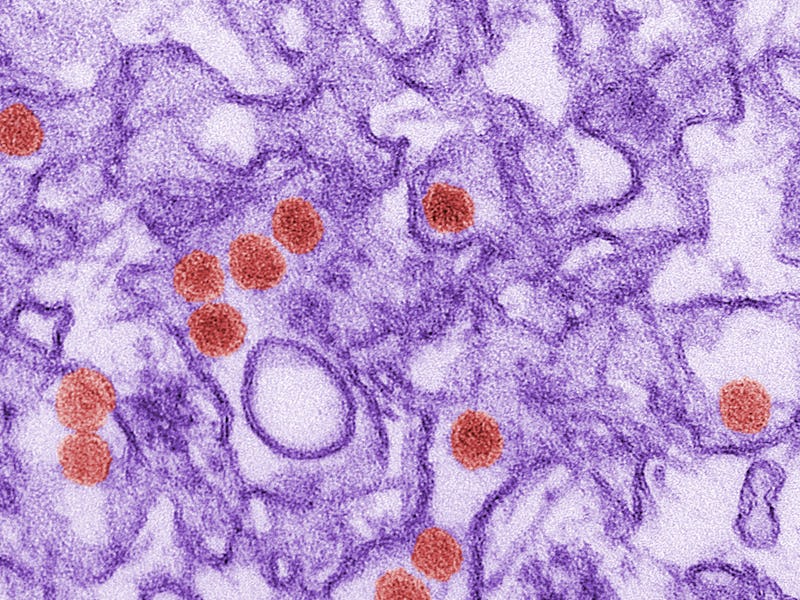CDC Confirms 9 U.S. Zika-Infected Pregnancies, 10 More Probable
The "cockroach of mosquitoes" is finding its way into the United States.

Nine pregnant United States residents who recently traveled to Zika-infected areas have themselves been diagnosed with Zika, the Centers for Disease Control confirmed on Friday.
The news in the Morbidity and Mortality Weekly Report is grim. Of those nine, two miscarried and two voluntarily terminated their pregnancies. (In one of those two latter, terminated pregnancies, ultrasound and then MRI scans indicated brain abnormalities.) Of the remaining five, three have given birth; of those three births, one was born with brain defects. The remaining two pregnancies continue with no signs of complications. Though the two babies who were not infected with the virus showed no signs of complication, there’s no guarantee that there aren’t nascent, currently undetectable complications.
In addition to those nine, another 10 pregnant women are suspected to have the virus. These 10, however, were not travelers, but instead contracted Zika from sexual transmission with males who had recently traveled to Zika-infected areas.
While mainland United States has yet to see mosquitoes with the virus, Puerto Rico has 117 known, diagnosed cases of Zika. But the potential in Puerto Rico for those statistics to worsen is staggering: the CDC reports that there remains the chance for hundreds of thousands of Zika cases — and, therefore, countless affected pregnancies — in Puerto Rico alone.
For the CDC, there remains an impressive amount of unknowns. For instance:
- It’s not yet clear that microcephaly is directly connected to the Zika virus. (The evidence is strong for a connection, but there are many factors that complicate ruling it a direct, causal relationship.)
- Nor is it known whether microcephalic babies will also develop other complications as a result of the virus.
- It’s not yet clear which, if not all, trimesters of a pregnancy an infection can lead to birth abnormalities.
- It’s unclear how long a male who was formerly infected with Zika can sexually transmit the virus to a female.
- Unclear, also, whether four out of five infected patients in future and ongoing Zika outbreaks will remain asymptomatic.
And studies to answer these unknowns — and others — are difficult and lengthy.
Friday marks six weeks since the CDC’s initial Zika announcement. The CDC’s recommendations remain largely the same: if you’re a pregnant woman, don’t travel to Zika-infected areas; if you’re a male in a relationship that either does or may soon involve a pregnancy, refrain from sex or religiously use condoms.
“Men who reside in or have traveled to an area of ongoing Zika virus transmission and have a pregnant partner should abstain from sexual activity or consistently and correctly use condoms during sex with their pregnant partner for the duration of the pregnancy.”